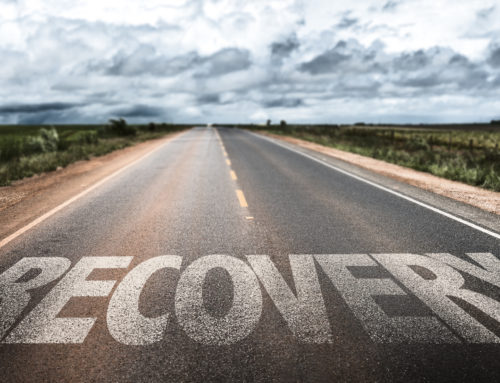 Drug use brings about complicated reactions in the brain and body that are easy to underestimate. Psychoactive substances generate the release of neurotransmitters, which are vital for causing and moderating our behavior. When used in larger quantities or regularly, drugs can bring on imbalances and changes in the mind that lead to cravings and physical and/or psychological dependence. Drug abuse is usually the first stage, leading to warning signs of drug dependence and ending up with addiction as the worst-case scenario.
Drug use brings about complicated reactions in the brain and body that are easy to underestimate. Psychoactive substances generate the release of neurotransmitters, which are vital for causing and moderating our behavior. When used in larger quantities or regularly, drugs can bring on imbalances and changes in the mind that lead to cravings and physical and/or psychological dependence. Drug abuse is usually the first stage, leading to warning signs of drug dependence and ending up with addiction as the worst-case scenario.
What’s the Difference Between Abuse and Dependence?
Drug abuse is when you use prescription medication in any way other than as directed by a doctor or use any kind of illicit substance. Alcohol abuse is excess alcohol use, often getting as drunk as possible on a regular basis. If you use substances in high quantities, can’t control your intake or feel you need them to perform a specific function, such as unwinding or feeling confident, you’re likely abusing them.
Drug dependence is a physical condition, whereby either your body or mind adapts to you using the substance. Physical dependence can be dangerous and occurs with opioids, benzodiazepines and alcohol. The body gets tricked into thinking the substance is a necessary part of daily functioning and can easily continue to addiction. Psychological dependence can be just as harmful, leading to incapacitating cravings, obsessive thoughts and a belief that you rely on the substance to do certain things.
Does Drug Use Always Lead to Substance Dependence?
Not every instance of drug use will lead a person to become dependent on illicit drugs. However, it significantly raises the likelihood of you taking the drug on a more regular basis. If you’re using drugs to perform some kind of function, such as falling asleep, numbing emotions or raising confidence, there’s a serious risk of dependence. With prescription drugs, taking them more frequently or in higher quantities than prescribed puts you at an increased risk of dependency.
People who abuse drugs often fall into a false sense of security, believing that they’re mentally strong enough to avoid getting into trouble. However, a substance use disorder is a chemical response as a result of neurotransmitters in your brain; even the strongest will can’t stop how these imbalances cause you to feel. Denial is also a common feature with drug addiction, so you may be taking the substance regularly and lying to yourself about whether you could stop or not.
Signs of Drug Abuse
- Developing a dependence on the drugs being used
- Using substances on a more frequent basis
- Prioritizing drugs over activities you once enjoyed
- Using drugs to get to sleep
- Taking substances until you pass out
- Seeking situations where you have the opportunity to use
- Surrounding yourself with other people who use the drugs
- Looking forward to the times when you’re going to be using
Signs of Drug Dependence
- Needing higher levels of the substance to get the same effect
- Using medication you no longer need or have a prescription for
- Changes in behavior
- Weight fluctuations
- Sleep disturbances
- Withdrawing from social events
- Anxiety when you’re about to run out of the drugs
- Experiencing withdrawal symptoms when you don’t have the substance
Drug Dependence vs Drug Abuse
If you’re concerned about the way you or a loved one is behaving and think it may have something to do with substance abuse or dependence, call our addiction treatment center in Ohio today at 330-953-3300. One of our friendly rehab professionals can talk you through any questions you have about our treatment services.







